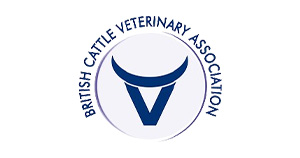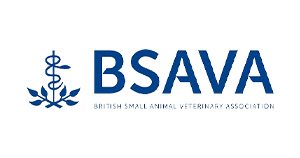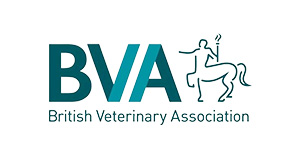Combating Pneumonia in Calves
Published on: Dec 10, 2022
Prevention and Early Intervention are Key
Pneumonia is a serious concern for both pre-weaned and weaned calves. Early detection and treatment are crucial for minimising its impact on your herd.
Pre-Weaning Prevention Strategies
- Colostrum Management: Ensure proper colostrum intake within the first 24 hours to strengthen the calf’s immune system.
- Nutrition: Provide adequate nutrition to support immune system development and fight disease.
- Housing: Maintain clean, well-ventilated housing with dry and sufficient bedding.
- Vaccination: Vaccinate calves against respiratory diseases (e.g., Respi-3) according to your veterinarian’s recommendations.
- Minimize Stress: Avoid frequent social group changes, which can compromise immunity. Isolate sick animals to prevent further spread.
Pre-Weaning Control Measures
- Early Detection: Regularly monitor calves (twice daily, ideally during feeding) for signs of illness such as coughing, fever, and difficulty breathing.
- Accurate Dosing: Treat identified cases promptly with the appropriate medication dosage based on the calf’s weight. Utilise weight bands or scales to determine weight accurately.
- Treatment Protocols: Develop a treatment protocol for respiratory diseases in collaboration with your veterinarian. Non-steroidal anti-inflammatory drugs are often used alongside antibiotics.
Post-Weaning Considerations
- Isolate New Arrivals: Quarantine any calves with suspected respiratory illness to prevent transmission to healthy animals.
- Minimise Weaning Stress: Implement strategies to minimize stress during weaning, such as gradual introduction to new feed and social groups.
- Post-Weaning Monitoring: Maintain a routine for monitoring weaned calves for early signs of pneumonia.
- Environment: Ensure proper ventilation, cleanliness, and dry bedding in post-weaning housing.
- Minimize Mixing and Overstocking: Avoid mixing calves of different age groups and overcrowding pens, as these factors increase disease risk.
Consequences of Pneumonia
- Increased Antibiotic Use: Frequent pneumonia outbreaks can lead to overuse of antibiotics, contributing to antimicrobial resistance.
- Treatment Costs: Treating established pneumonia is more expensive than preventive measures.
- High Recurrence Rate: Animals with previous pneumonia are more susceptible to future infections due to lung damage and compromised growth.
- Long-Term Effects: Respiratory diseases can cause permanent lung damage, increasing the risk of pneumonia throughout the animal’s life, particularly during stressful periods.
By prioritising preventive measures, early detection, and proper treatment protocols, you can significantly reduce the incidence and impact of pneumonia in your calf herd.











